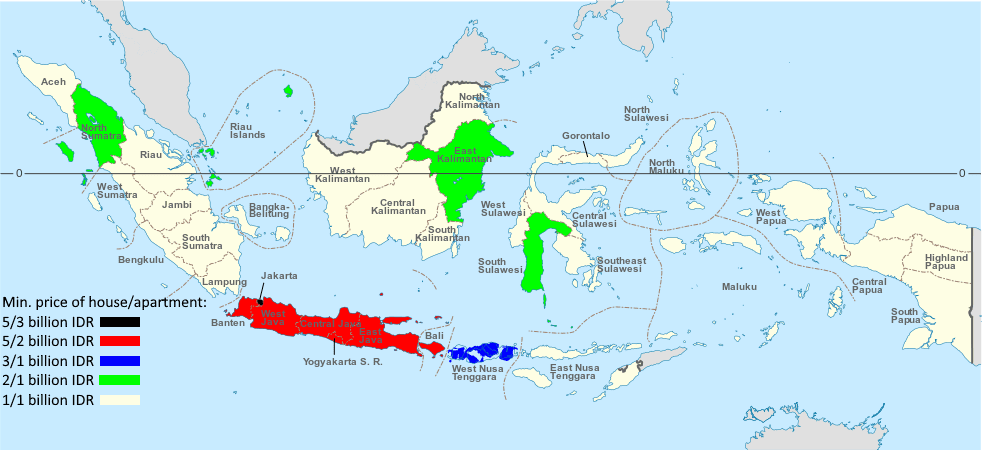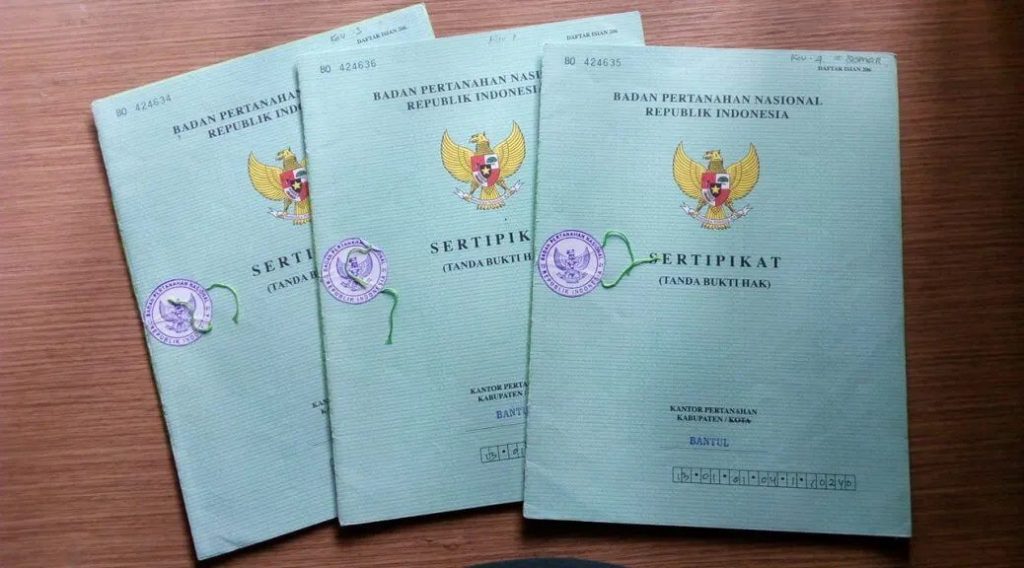SECOND HOME VISA indonesia 2024
second home visa bali

second home visa bali how to get? (digital nomad / retirement)
The Second Home Visa Indonesia is a visa to live in Indonesia, which should become available from 24 December 2022.
There is no ‘digital nomad’ visa, and no prospect of one in the future. However, the Second Home Visa replaces the retirement visa, which was only open to those aged 55+, while ‘second home’ is for all ages. There is an implication that in the modern era (the old visa was created in the 1990s), that people can live in Indonesia using foreign income, for example working online. This is not formally regulated in Indonesian law, but it is tolerated on the understanding that your work does not have any connection with Indonesia. E.g.:
- translating documents into Indonesian for a client in London — OK
- translating documents into English for clients in Bali — not allowed
- photography — not allowed
- life coach for fellow foreigners in Bali — not allowed
- teaching children in the USA via Zoom — OK
- teaching children in Indonesia via Zoom — not allowed
- building websites for clients in Thailand — OK
- building websites (or even one website) for clients in Indonesia — not allowed
Note that once you have obtained a second home visa and subsequently residence permit, you will be a tax resident of Indonesia and subject to global taxation, although tax treaties mean that this is not a huge problem necessarily.
It is a legal requirement to obtain an NPWP (tax number) if you have income over the threshold of 54 million per year, and you must therefore file an annual (calendar year) tax return by 31 March of the following year.
indonesia second home visa bali Requirements
There are two routes to qualify, by holding what is referred to as an immigration guarantee (jaminan keimigrasian) or proof of fund.
The first, and preferred means, is owning a house in Indonesia with the status of hak pakai. Please note that most real estate sold to foreigners is sold using a lease (hak sewa). Hak pakai is not a lease, it’s a form of ownership which can be renewed indefinitely (after 30, 50 and 80 years, paying a fee of 0.3% of the land value), sold, and inherited (by foreign as well as Indonesian heirs). If you ‘buy’ a lease, then it’s uncertificated and insecure, and will not qualify you for a second home visa.
Note that prior to 2021 it was required to have an ITAS or ITAP in order to buy a home with hak pakai in Indonesia, and these regulations are still being brought into place into the hundreds of land offices in Indonesia, so it could be that there are difficulties in actually purchasing the house in the near future if you do not have a current ITAS or ITAP, however in the medium term there should be many foreigners buying using hak pakai while on a tourist visa.
The house is a ‘house of residence or occupation’, which seems to be intended that you live in it (or leave it empty when you are not in Indonesia). It is definitely NOT legal to rent out the house by the day, which is classed as a ‘pondok wisata’, and requires a business permit, limited to Indonesians and companies. Renting out a property longer term is classed as property income under which 10% flat tax is payable, and is not exactly a business in law, although immigration are free to decide otherwise and deport you. It is possible that if you were living in Indonesia for six months and in another country for six months that you could rent the property out, but the legality is not clear.
There are scenarios you could envisage such as buying a house for 1 billion rupiah in say, Belitung, and living in Bali in a rented property (in the case you cannot meet the 5 billion rupiah minimum for Bali), but again the legality of this is not clear.
It should be note that the taxes on property are:
- 5% BPHTB payable by the buyer
- 2.5% Income tax payable by the seller
- A fee charged by the notary, which will typically be legally restricted to a maximum of 1%
Therefore, if you purchased a property in Bali for 3 billion rupiah, you can typically expect to pay 180 million rupiah, and the seller will have to pay 75 million rupiah in taxes. It is a common practice for notaries to inflate the price, so it is recorded as 5 billion in order to meet the legal minimum requirement, when only 3 billion in fact changed hands. In this case you would need to pay the 7.5% taxes on the extra 2 billion, i.e., 150 million rupiah more taxes, and the transaction could be recorded as 5 billion rupiah.
This map shows the minimum prices for foreign ownership of a house or apartment of residence in Indonesia:

There is a presumption against land over 2000 square metres, or owning more than one plot of land. However, both these restrictions can be overridden on application to the ministry.
Although property with the status of hak pakai can be mortgaged, according to Indonesian law, for the Second Home visa you are not allowed to secure any kind of debt against your immigration guarantee.
Please note that the legal and valid ownership will be with a certificate like one of these, issued by the BPN (land office):

There are all manner of papers you can find in Indonesia that purport to show ‘land ownership’, but if you do not have ‘sertipikat’ similar to those IN YOUR NAME, then you don’t qualify.
The second way to get a Second Home visa is to deposit 2 billion rupiah (rupiah NOT any foreign currency) in a state-owned bank, which you are not allowed to touch the entire time you are in Indonesia, and which immigration can check up on and demand a formal letter from the bank to prove your deposit.
These banks are (a complete list — you could likely select some different account from the standard ‘deposito’, but you MUST deposit at one of these five banks ONLY):
- Bank Mandiri — interest rates of 2.5% are currently payable
- BNI — 3%
- BRI — 3%
- Bank Tabungan Negara — 3.5%
- Bank Syariah Indonesia — under Syariah principles profit sharing is offered, not interest. Variable, and likely to be over 2%.
SECOND HOME VISA and your family
You can bring family members with you on your second home visa. They do not require a separate deposit/house ownership, and there is no limit on the number of followers.
The visa/permit fees are cheaper for followers. You will need to show a birth certificate or marriage certificate that shows their relationship with you in one of the following categories:
- your husband or wife
- your children (of any age)
- your parents
SECOND HOME VISA documents
The general requirements for a second home visa application are:
- a guarantor’s letter — in practice this is a ‘surat permhonan dan jaminan’, i.e. a letter of ‘application and guarantee’, which is a formal letter (a template) applying for the visa and promising that the foreigner will not behave badly, with a ‘materai’ stamp. For the second home visa this will presumably be a letter of self guarantee and application.
- A passport valid for six years or more (this was reduced to 36 months by the Circular) — in practice this is uploaded online in the form of a scan of your passport cover and biodata page
- a criminal record check from the country of origin — in practice this is not required
- a health check to confirm that you have no infectious disease — in practice this is replaced with proof of Covid-19 vaccination, and a signed letter that you promise to abide by health protocols
- proof of funds in the sum of $2000 or equivalent
- proof of health insurance: in the application system this can be replaced with a simple ‘self-insurance’ declaration
- two 4 cm x 6 cm photographs — in practice this is replaced with a digital photo uploaded online
- Your CV
- Bank letter/statement showing the 2 billion deposit OR certificate of land ownership IN YOUR NAME or Agency Guarantor Document
After entering Indonesia with the visa, you will need to report to the immigration office within 30 days with paper copies of all the above, plus a signed letter of commitment.
second home visa bali - Change of current stay permit
If you are currently in Indonesia as a foreigner you have a ‘stay permit’, which can be one of the following:
- a vist stay permit from a visa waiver (currently only for ASEAN citizens)
- a visit stay permit from a visit visa on arrival (500,000rp fee)
- an ITAS or ITAP of whatever type (Kitas 1-year /Kitap 5-year)
- a visit stay permit from a visit visa obtained before you arrived in Indonesia
If you had a visit visa in advance, it is possible to perform change of status (alih status), at least 30 days before your current stay permit (visa) expires, but for a visit visa waiver or visa on arrival this is not possible.
In general if you currently hold an ITAS or ITAP of a different type, and wish to obtain a second home visa, then you (or rather your current guarantor) must apply for EPO (‘exit permit only’), which ends your current permit giving you a period in which you must leave the country, during which it is possible to apply for an onshore visa, which is the same as an offshore visa, but is applied for from within Indonesia. Most people cannot apply for onshore visa, and both ‘alih status’ and onshore visa can be considered undesirable in the sense that they introduce uncertainty as you are in a foreign country waiting for a visa to be granted and may end up in overstay (which costs 1 million per day). Alih status does have the advantage that you do not pay the visa fee, only the stay permit & re-entry permit fees, and obviously if you are already Indonesia, it saves flying out.
Existing retirement ITAS/ITAP holders
The retirement ITAS or ITAP no longer exists and is replaced by ‘second home’, which does not have sub-types such as ‘young person’ or ‘pensioner’. Everyone is in the same boat.
For current retirement ITAS/ITAP holders they will have a sponsor, an agent who charges a fee on top of the official fees, however they were not required to deposit any funds or own any property.
According to the circular:
- existing retirement ITAS/ITAP holders whose ITAS/ITAP will expire before 22 June 2023 can let it expire and leave the country, or renew their ITAS/ITAP as ‘second home’ ITAS/ITAP, meeting the requirements discussed here
- those ITAS/ITAP is still valid beyond 22 June 2023, must change their ITAS/ITAP to second home, presumably by 22 June 2023, but this is not clear
- those who specifically have ‘unlimited’ ITAP have until 24 March 2023 to provide proof of fund (i.e. 2 billion deposit or property ownership), but do not need to formally apply to change their ITAP, unless they wish to be without a guarantor, in which case they (or any other existing retirement ITAS/ITAP holder) must obtain a consent letter from the current guarantor to effect this change.
There is a 30-day period after issue/change of status of ITAS/ITAP to report the ‘proof of fund’ (home ownership certificate or bank letter).
Residence requirements second home visa
As per the above, the ITAS or ITAP is a five-year residence permit with concomitant re-entry permit. Under immigration law you are not required to physically be in Indonesia as an ITAS/ITAP holder (though you will still be a tax resident until you end your ITAS/ITAP), however if you are ever outside of Indonesia for 365+ days, then your ITAS/ITAP will come to an end for the reason of absence. You will also need to spend some time to renew/report every five years, at which time you will need to be in Indonesia.
PRICE OF SECOND HOME VISA bali stay permit
The prices for this visa will depend on whether you have the required assets and need a permit process for you, or you also need a guarantor.
Prices will be announced shortly before the visa availability date.
Article written by sir. Matthew Brealey
Regulations Source: https://www.imigrasi.go.id/en/2022/10/25/siaran-pers-ditjen-imigrasi-resmi-luncurkan-aturan-second-home-visa/
By contacting a specialist directly, you will save a lot of time, nerves and money.
Our team has many years of experience in putting cases on the right track. You can write to us in Polish, English, and of course Bahasa Indonesia.



